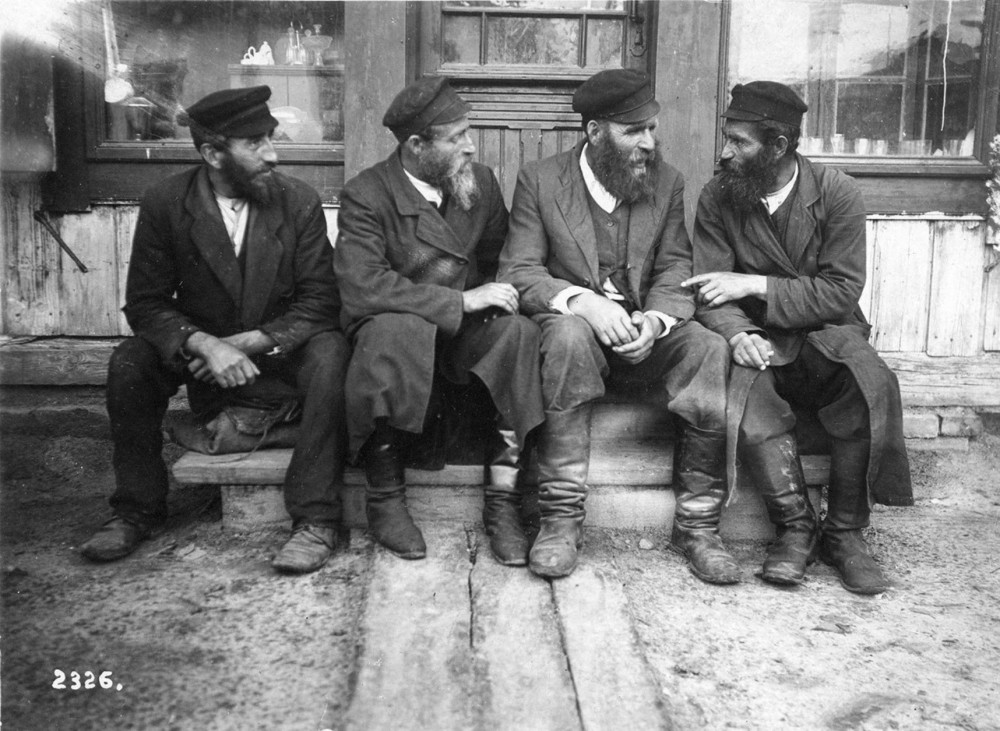
The 1840s and 1850s were crucial for comprehending the results of past and future Russian Empire policy regarding the “Jewish question” Within the Pale of Settlement, the imperial bureaucracy attempted to “improve” Jewish subjects from their initial “meeting”. Frequently, the authorities attempted to exert control over Jewish communities by destroying their self-governing institutions or by combating “Jewish clothing”. Researchers have frequently discussed how little the imperial authorities knew about their subjects. The analysis of the sources demonstrates that the authorities were adequately informed about numerous aspects of Jewish population life. The highest bureaucratic circles maintained constant contact with local representatives. Important informants became representatives of Jewish communities, each with their own motivations and narratives. In the bureaucracy’s treatment of Jewish subjects, knowledge did not translate into tolerance. At least a portion of the establishment can be described as Orientalist and racist in its perception of Jews. However, in the middle of the nineteenth century, representatives of the authorities who held a different position had an advantage. From the end of the 1850s to the beginning of the 1880s, Jews were granted individual emancipation and the option to leave the Pale under a policy known as “merger”.
Source: Kharchenko A. (2022). Jews in the Russian empire: what did the imperial authorities know about their subjects? City: History, Culture, Society. 14: 65–74
Source web-site: http://mics.org.ua/journal/index.php/mics/article/view/217/214
Number of views: 1835